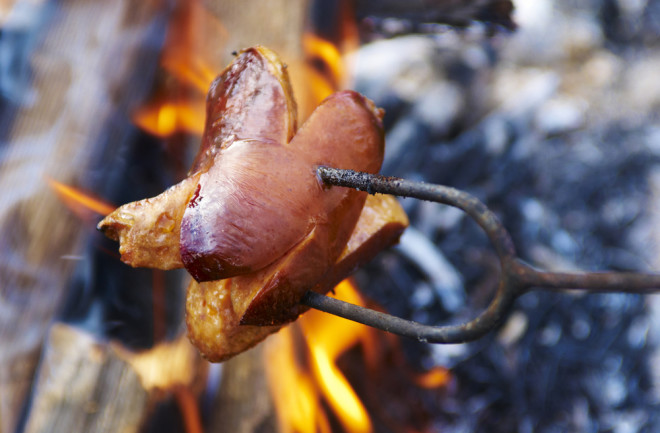If you cooked dinner today — even a Cup O Noodles — you did something extraordinary and uniquely human. While the rest of the animal kingdom subsists on raw food, we Homo sapiens cook our chow.
And according to some researchers, this distinction made all the difference: When our ancestors mastered cooking roughly 2 million years ago it changed the course of human evolution, they say. Because cooked food provides more energy, the habit led to substantial increases in body and brain size, which set our ancestors apart from other apes. We gained the cognitive prowess to organize society, invent new tools and spread across the planet.
The “cooking hypothesis” was provocative when first proposed two decades ago by biological anthropologist Richard Wrangham and colleagues. But over the years, it’s gained support from an eclectic array of research, including feeding experiments on pythons and studies of the menstrual cycles of raw foodists.

